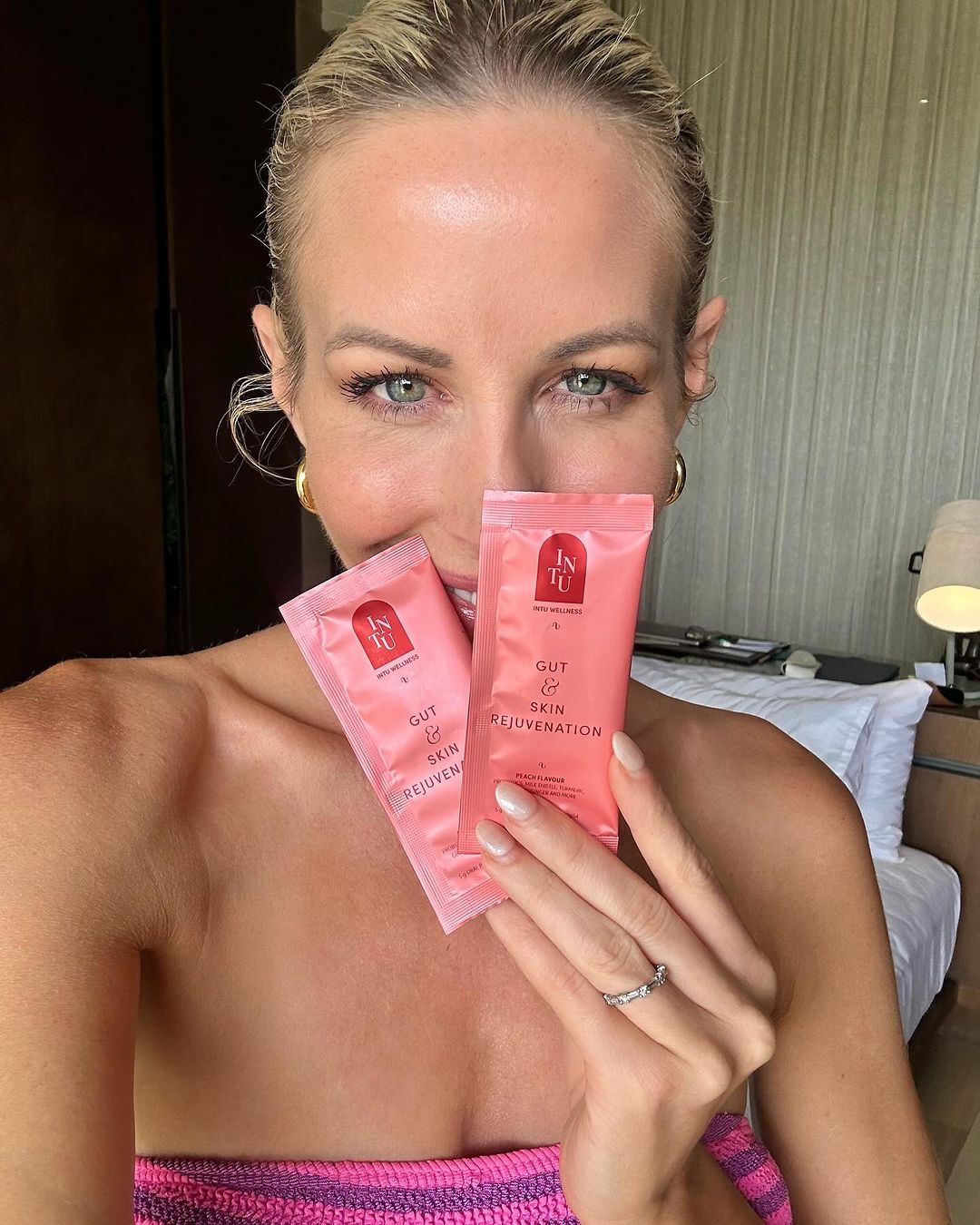Living with Irritable Bowel Syndrome (IBS) can be challenging, but with a few simple hacks, you can make your day-to-day life more comfortable. Here are some practical tips to help manage IBS symptoms and keep discomfort at bay.
1. Mindful Eating
One of the most important hacks for managing IBS is to practice mindful eating. Pay attention to what you eat, how much you eat, and how quickly you eat. Here are a few tips:
- Eat Slowly: Take your time to chew food thoroughly. This helps with digestion and can reduce symptoms.
- Portion Control: Smaller, more frequent meals are often easier on the digestive system than large meals.
- Stay Hydrated: Drinking plenty of water throughout the day can aid digestion and help keep your system running smoothly.
2. Identify Trigger Foods
Everyone with IBS has different trigger foods. Keeping a food diary can help you identify which foods cause symptoms. Once identified, you can avoid these foods and reduce flare-ups. Common trigger foods include:
- Spicy foods
- Caffeine
- Dairy products
- High-fat foods
3. Low-FODMAP Diet
The Low-FODMAP diet has been shown to help many people with IBS. FODMAPs are a group of carbohydrates that can cause digestive discomfort. By reducing or eliminating high-FODMAP foods, many people experience significant relief. Here are some low-FODMAP foods to consider:
- Proteins: Chicken, beef, fish, and eggs
- Grains: Quinoa, oats, and rice
- Fruits: Blueberries, strawberries, and oranges
- Vegetables: Carrots, spinach, and zucchini
4. Stress Management
Stress is a major trigger for IBS symptoms. Incorporating stress management techniques into your daily routine can make a big difference. Consider these practices:
- Yoga: Gentle yoga can help reduce stress and improve digestion.
- Meditation: Regular meditation can help calm the mind and reduce stress-related symptoms.
- Exercise: Regular physical activity can improve overall health and reduce stress.
5. Herbal Remedies
Certain herbal remedies can be beneficial for IBS symptoms. Always consult with a healthcare provider before trying new supplements, but here are some commonly recommended options:
- Peppermint Oil: Known for its calming effects on the digestive system.
- Ginger: Helps reduce nausea and improve digestion.
- Chamomile: Can help reduce inflammation and relax the digestive tract.
- Super Powders: like our Gut & Skin Rejuvenation.
6. Probiotics
Probiotics are beneficial bacteria that support a healthy gut. Incorporating probiotics into your diet can help balance your gut microbiome and reduce IBS symptoms. Look for probiotics in:
- Yogurt: Choose yogurt with live and active cultures.
- Fermented Foods: Foods like sauerkraut, kimchi, and kefir are rich in probiotics.
- Supplements: Probiotic supplements can provide a concentrated dose of beneficial bacteria.
7. Seek Support
Living with IBS can sometimes feel isolating, but you’re not alone. Consider joining a support group, either in-person or online. Connecting with others who understand what you’re going through can provide comfort, support, and valuable tips.
8. Binaural Beats
For stomach pain relief, focus on binaural beats in the alpha (8-14 Hz) and theta (4-8 Hz) ranges. Many audio tracks are specifically designed for relaxation and pain relief.
It’s important to mention that anyone experiencing persistent symptoms should speak to a health practitioner to get properly diagnosed and receive professional guidance. Remember, you’re not alone in this. You can make your IBS a little more bearable. Here’s to happier, healthier days ahead.
Sources:
1. Bellini, M., Tonarelli, S., Barracca, F., Morganti, R., Pancetti, A., Bertani, L., Costa, F., Mosca, M., Marchi, S., & Rossi, A. (2020). A Low-FODMAP Diet for Irritable Bowel Syndrome: Some Answers to the Doubts from a Long-Term Follow-Up. Nutrients, 12(8). https://doi.org/10.3390/nu12082360
2. Tani, A., Tartarisco, G., Vagheggini, G., Vaccaro, C., Campana, S., & Tomaiuolo, F. (2022). Binaural beats reduce feeling of pain and discomfort during colonoscopy procedure in not-sedated patients: A randomized control trial. Complementary Therapies in Clinical Practice, 48, 101605. https://doi.org/10.1016/j.ctcp.2022.101605
3. Kumar, L. S., Pugalenthi, L. S., Ahmad, M., Reddy, S., Barkhane, Z., & Elmadi, J. (2022). Probiotics in Irritable Bowel Syndrome: A Review of Their Therapeutic Role. Cureus, 14(4). https://doi.org/10.7759/cureus.24240
4.Qin, Y., Cheng, W., Tang, D., & Bian, X. (2014). Impact of psychological stress on irritable bowel syndrome. World Journal of Gastroenterology : WJG, 20(39), 14126-14131. https://doi.org/10.3748/wjg.v20.i39.14126

